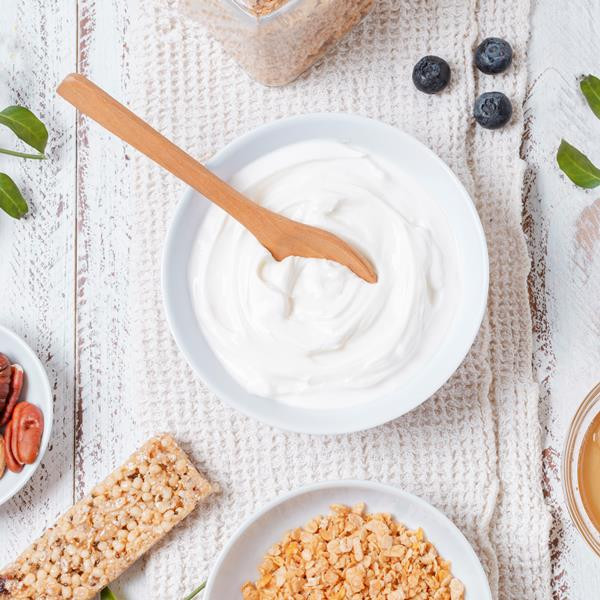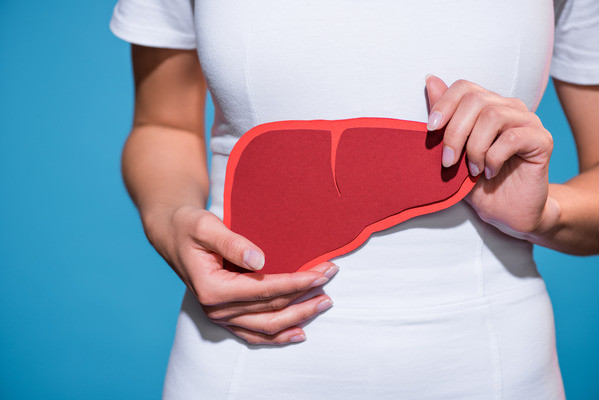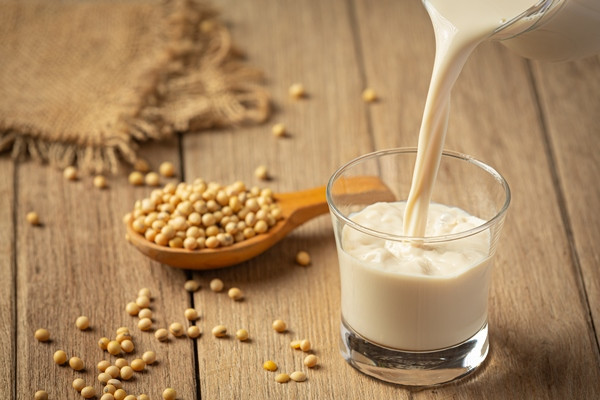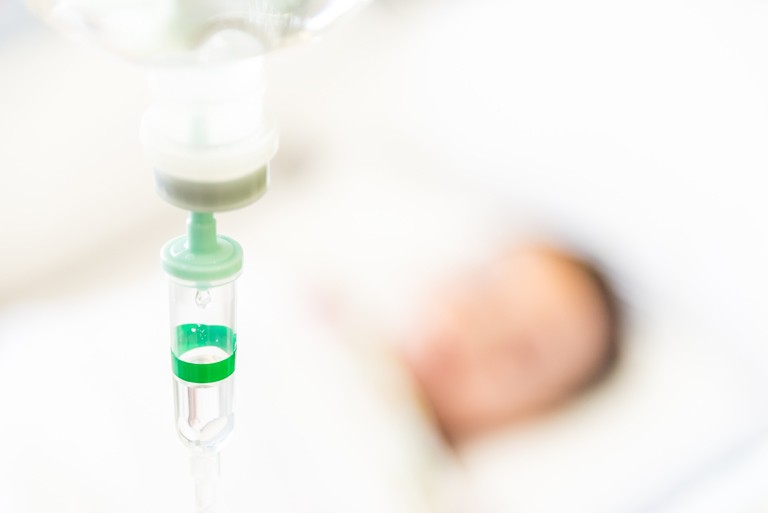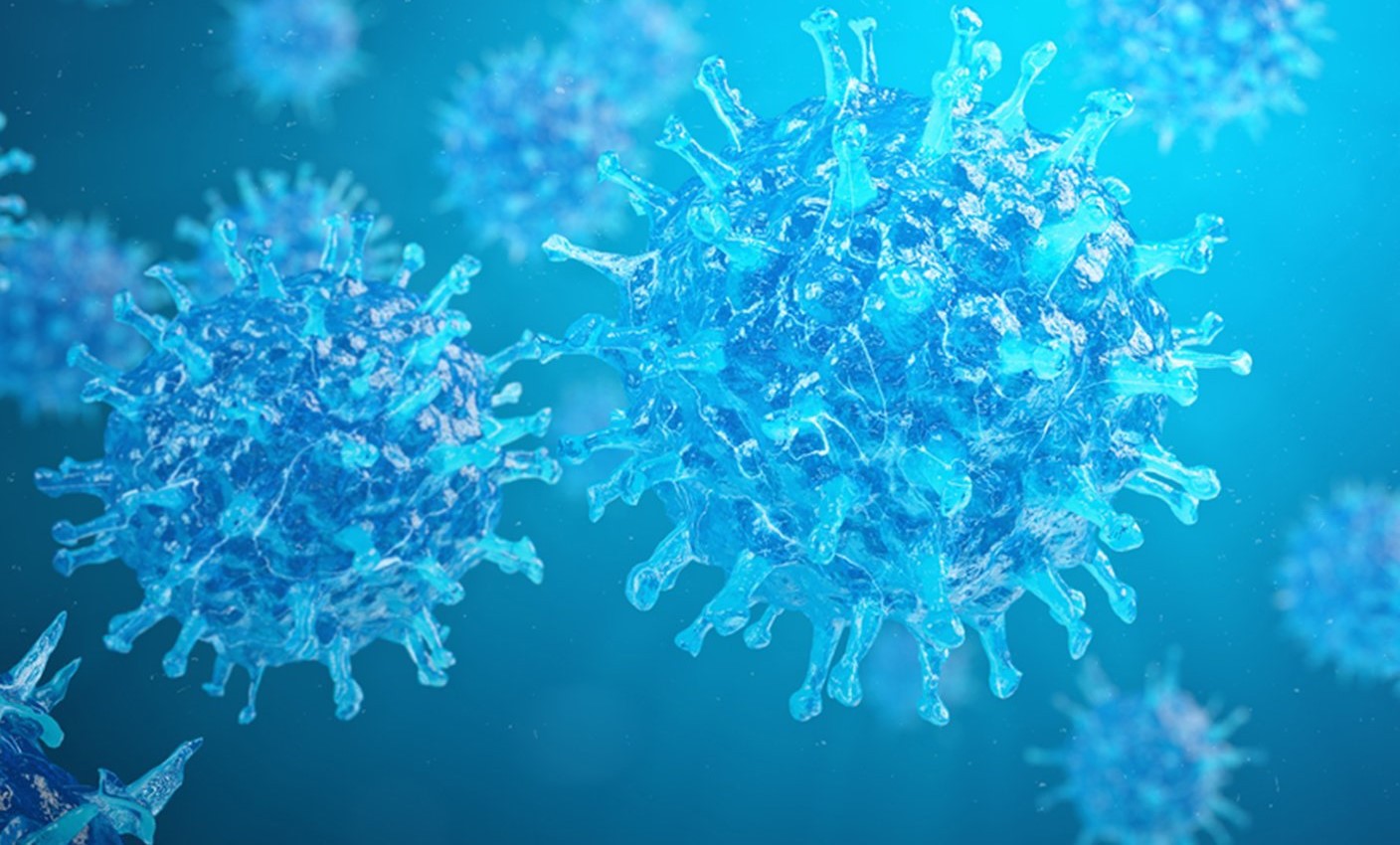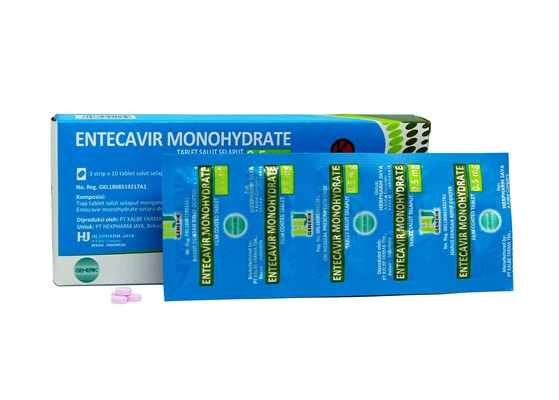
Grape seed extract from Vitis vinifera (VGSE) is considered a major source of anti-toxic substances such as flavonoids, gallic acid, catechin, epicatechin, and proanthocyanidin. Grape seed extract also contains about 35% fiber with 29% extractable components, including phenolic compounds, protein (11%), minerals (3%), and water (7%).
VGSE has been shown to have potent anti-inflammatory, hepatoprotective, cardioprotective, anti-mutagenic, and anti-diabetic properties. In addition, VGSE has shown promising anticancer effects in various types of cancer through its strong prophylactic effects against free radicals resulting from lipid and protein oxidation and DNA fragmentation.
Non-alcoholic fatty liver disease (NAFLD) is the most common chronic liver disease, in which triglyceride accumulation in hepatocytes occurs. NAFLD causes several diseases, such as steatohepatitis, simple steatosis, cirrhosis, and hepatocellular carcinoma. The prevalence of NAFLD is 20%-30% in the general population, and increases to 70-90% in diabetic and obese patients. The pathogenesis of NAFLD is unclear, but there are several hypotheses, including steatosis (due to insulin resistance), inflammation and oxidative stress (causing disease progression), and impaired hepatocyte proliferation progenitors.
The randomized controlled clinical trial study by Dr. Hoda and colleagues wanted to evaluate the effects of grape seed extract (GSE) on NAFLD. The study was conducted from January 2021 to March 2022 on 90 patients with mild to moderate NAFLD assessed by ultrasound. Patients were divided into 2 groups, the Grapex group receiving 200 mg/day GSE (n=45) and the placebo group (n=45) for 2 months. Parameters measured were anthropometry, lipid profile, liver function at pre-intervention, 4 weeks, and 8 weeks after intervention.
Results:
- There was no significant difference in body weight and body mass index (BMI) parameters between the two groups.
- In the Friedman test, aspartate aminotransferase (AST) and alanine transaminase (ALT) were found to be increased in the control group, while significantly decreased in the Grapex group.
- AST, ALT, FBS, triglyceride, HDL, LDL and cholesterol levels were significantly decreased (p<0.05) and HDL level was increased (p<0.05) in Grapex group.
Conclusion:
From this study, it was found that grape seed extract with antioxidant and anti-inflammatory properties, has potential as a therapeutic supplement for NAFLD.
Image: Illustration
Reference:
Mojiri-Forushani H, Hemmati A, Khanzadeh A, Zahedi A. Effectiveness of grape seed extract in patients with nonalcoholic fatty liver: A randomized double-blind clinical study. Hepat Mon [Internet]. 2022 [cited 2023 Apr 14];22(1). Available from: https://brieflands.com/articles/hepatmon-132309.html#abstract

